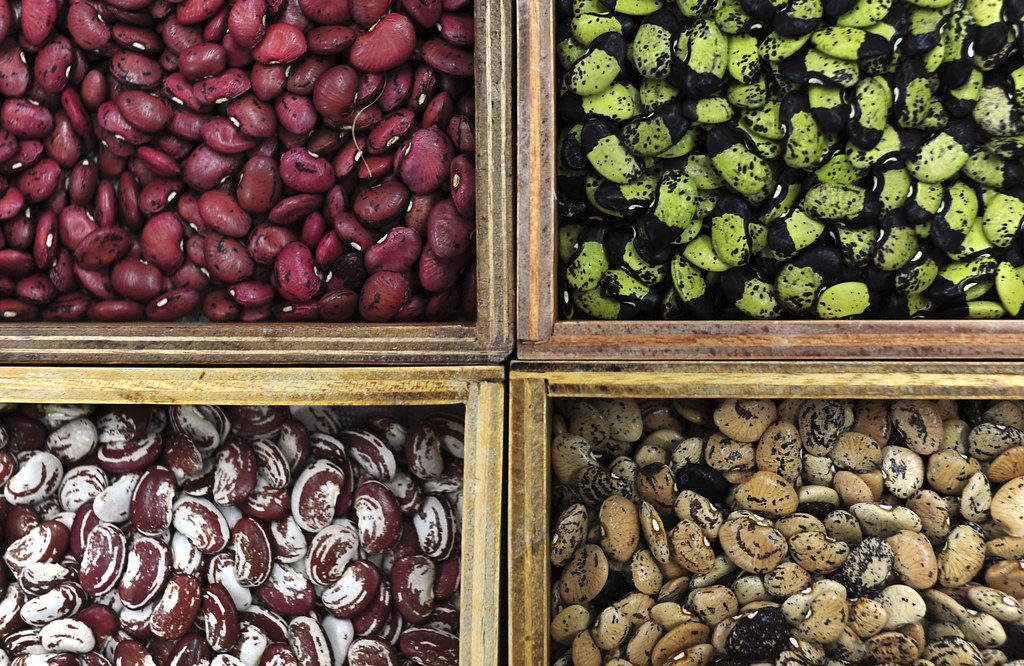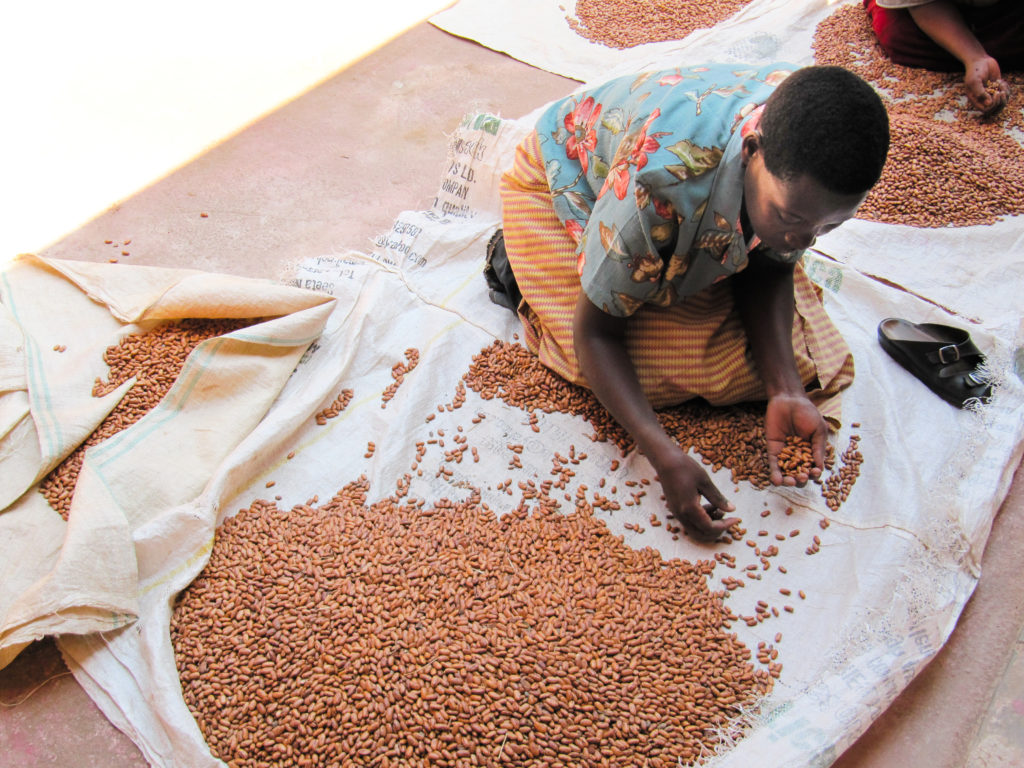CABI’s 2019 books of the year
As the end of the year approaches, here at CABI we’re taking the time to reflect on some of our favourite books of 2019. Covering a wide range of subject areas, titles have made it on to this list for various reasons, from hotly anticipated new editions of popular titles, to innovative research in brand…
New podcast from SciDev.Net focuses on cholera in Cameroon and measles in Democratic Republic of Congo
As part of a series of podcasts funded by the Wellcome Trust and hosted by SciDev.Net Sylvie Akoussan looks at the cholera epidemic in northern Cameroon before shifting her attention to measles in the Democratic Republic of Congo. Her report, in French, asks important questions about the quality of tap water in Africa and whether this…
Fat cats – what can they tell us about human obesity, and vice versa?
It’s estimated that between a third and two thirds of pet cats are overweight, depending on the assessment method used. Cats suffer from obesity and diabetes mellitus in ways that are very similar to the obesity and type 2 diabetes found in humans. But can these similarities tell us anything useful about how to tackle…
How countries around the world are leveraging agriculture to improve nutrition
By Shenggen Fan, Sivan Yosef, and Rajul Pandya-Lorch This blog post is the third in a 3-part series accompanying the release of the book Agriculture for Improved Nutrition: Seizing the Momentum, co-edited by Shenggen Fan, Sivan Yosef, and Rajul Pandya-Lorch (co-published by CABI Publishing and IFPRI). The book was launched at a Feb. 28 event…
Phytosanitary Risk Management team share expertise at ESCON 2019
An entomologist from CABI’s Phytosanitary Risk Management (PRMP) team has participated in the International Conference on Environmental Toxicology and Health (ESCON 2019) held in Islamabad, Pakistan. Muzammil Farooq, representing the PRMP team, participated in the event – organized by the Department of Environmental Sciences, COMSATS University (CUI), Vehari campus – by giving a presentation entitled…
Growing agriculture: nutrition community points the way to achieving SDG2 by 2030
By Shenggen Fan, Sivan Yosef, and Rajul Pandya-Lorch The Sustainable Development Goals (SDGs) have launched a race to transform our world for the better little more than a decade from now. The goals are idealistic, setting a high bar for every aspect of quality of life, from health and education to gender equality and climate…
Fighting the fungi
You aren’t from a farming family unless you’ve had ringworm. The distinctive red circular pattern which inches up your arm, its characteristic red flaky skin coupled with a burning itch, was probably caught from some four-legged friend. Catching this fungal skin infection is a rite of passage. If you’ve ever had ringworm you’ll know there…
A planetary health diet: kind to your body, animals and the planet
By Jennifer Cole, Royal Holloway, University of London It has long been clear that certain foods and dietary choices are not good for human health, but there is now increasing evidence that they can also be bad for the health of the planet. The recently published Food in the Anthropocene: EAT-Lancet Commission on healthy diets…
The Independent and Health-Informed Tourist?
By Scinceside – Own work, CC BY-SA 3.0 An innocuous visit to Dubai A young friend of my extended family was recently taken seriously ill and ended up in a London hospital following a short trip to Dubai to visit a partner working abroad for a few months. The symptoms of the infection, taken together…







